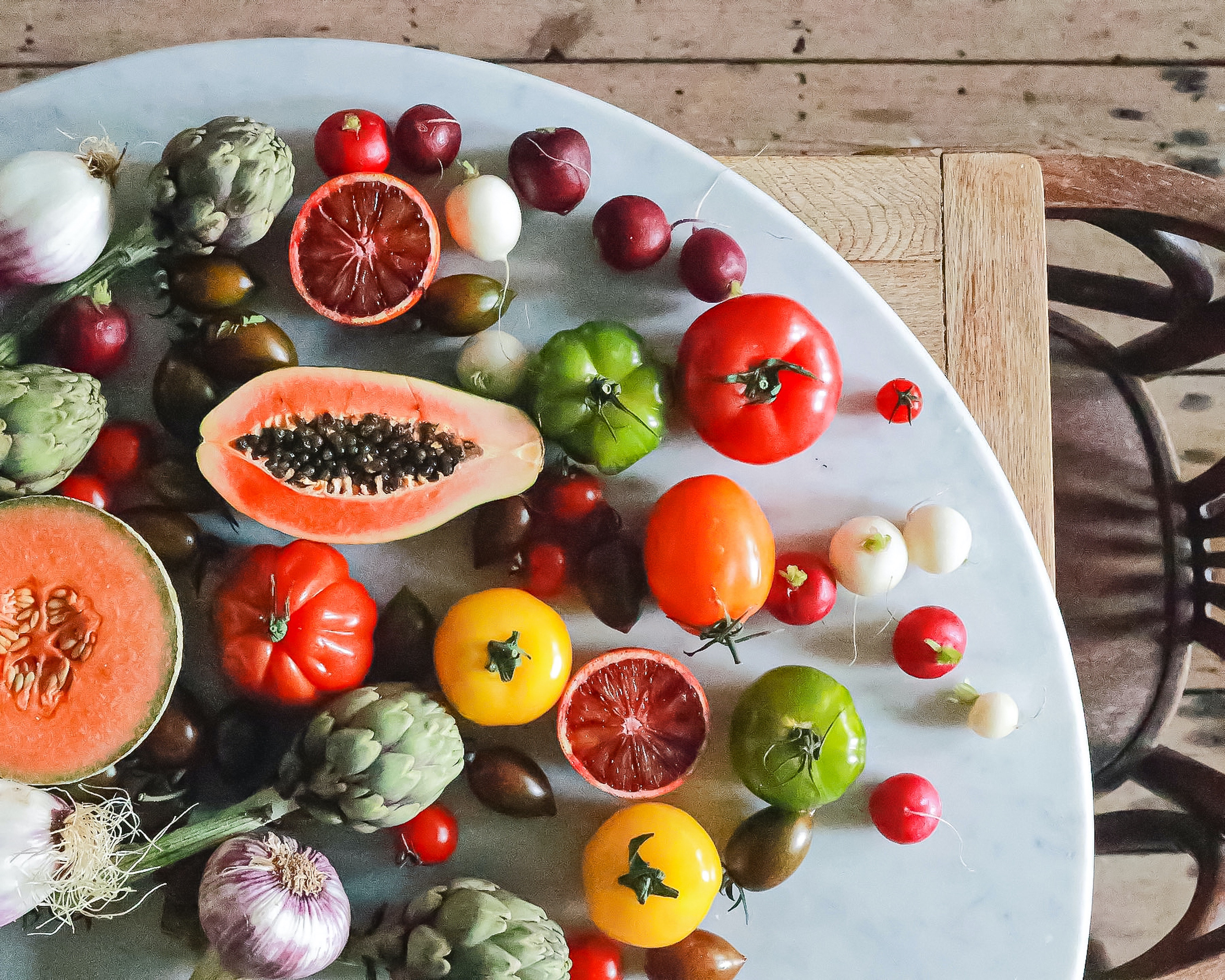Your gut microbiome and mental health go hand-in-hand. A healthy gut means a healthy body and mind. To define it properly, our gut microbiome is the collection of microorganisms present in our digestive tract. This involves bacteria, viruses, protozoa, and fungi. Emerging research in the last decade has identified the microbiome as an essential target for health, including impacts on our ability to lose weight and the risk of atopic diseases, such as asthma, allergies, eczema, cardiovascular disease, mental health disorders, and more. 1
MENTAL HEALTH
The COVID-19 pandemic has highlighted the prevalence of mental health concerns. Mental health is something that connects all our human experiences, regardless of age, race, language, time zone, or country; we've all been touched by its effects, both positive and negative.
There is a strong bidirectional relationship between the health of our gut and our mental health. Patients with gastrointestinal concerns also tend to have at least one psychiatric medical condition. These patients can experience chronic stress, anxiety, depression, fatigue, and insomnia—all as a result of their symptoms and poor gut health. 2,3 Gastrointestinal conditions can include irritable bowel syndrome (IBS), ulcerative colitis (UC), inflammatory bowel disorder (IBD), small intestinal bacterial overgrowth (SIBO), celiac disease, and Crohn's disease.
The gut-brain axis influences many regular body processes, including our immune, endocrine, and neural pathways. This means that to take care of our mental health, we must also take care of our gut microbiome.
MICROBIOME DISRUPTION
Factors that disrupt our gut microbiome include stress, use of antibiotics and/or pharmaceuticals (including the birth control pill), consuming food additives and preservatives, and overly restrictive diets. These can all alter the balance of good vs. bad bacteria in the gut, and encourage the growth of bad bacteria.
Symptoms such as diarrhea, constipation, bloating, and gas can be a sign that the gut microbiome is disrupted. Another not-so-obvious sign of a damaged gut is skin conditions such as psoriasis, eczema, and acne. These symptoms can occur because our skin is the largest organ of elimination. When our body isn't properly able to eliminate toxins and waste products through our bowels, urine, and sweat, it often turns to release them through the skin.
It’s important to address these health conditions early on to avoid further harm to your gut microbiome.
“Diversity in your gut microbiome appears to improve resilience against infection and illness.”
Supporting The Microbiome
The beautiful thing about using food as medicine is that better health can begin as early as your very next bite. The food we eat plays an important part in how our gut microbiome develops. The habits we follow each day determine what our gut microbiome is colonized with (i.e., whether the good or bad microorganisms dominate).
While there is never a "one size fits all" approach to nutrition, there is one finding that appears to be true across the gut microbiome literature: diversity in your gut microbiome appears to improve resilience against infection and illness. This is because different microorganisms serve different functions. For example, xyloglucans (commonly found in vegetables such as onions and lettuce) are uniquely digested by a specific species of Bacteroides.4 This means that the greater microbiome diversity there is, the greater the chance you'll always have microorganisms that are "working."

Multiple studies have noted a positive relationship between increased fruit and vegetable intake and positive psychological well-being.5,6,7 For instance, a 2018 systemic review and meta-analysis of epidemiological studies noted a 14 percent lower risk of depression in cohort studies (a type of long-term study that follows participants over an extended period) and a 25 percent lower risk of depression in cross-sectional studies (a type of observational study that compares participants at a certain snapshot in time).
Nutrition factors that support our microbiome:
- Having adequate water intake
- Avoiding processed and high-sugar foods
- Increasing dietary fibre intake
- Eating prebiotic and fermented foods
- Eliminating food sensitivities
FOOD SENSITIVITY
Food sensitivities often go underdiagnosed for long periods. This is because their effects can be subtle and delayed; by the time symptoms arise, they are often the cumulative effect of food sensitivities and an impaired gut. Over time, the more we consume foods we are sensitive to, the more gut damage is done; and in turn, the more we can become sensitive to foods. If you have suspected food sensitivities, an IgG blood test can be done by naturopathic doctors in Ontario to test for them.
In addition, because we know about the strong bidirectional relationship between stress with our mental health and gut health, it's important to address it head on. Consider alternative treatments such as acupuncture, homeopathy, reiki, chiropractic, and osteopathy to help manage the physical, mental, and emotional toll of stress.
PROBIOTICS, PREBIOTICS & FERMENTED FOOD
These are other common buzzwords that get brought up often in conversations about gut health. Although they are related, they are not the same thing.
A probiotic often comes in the form of a supplement, and is deemed the "beneficial bacteria." Taking probiotics consistently can help repopulate your gut microbiome with microorganisms that help in digestion, immune function, skin health, and—you guessed it! —mental health. There's even some evidence that probiotics can be used both acutely and preventatively for disease.8
There is so much variation in probiotics that it's important to start a supplement regime under the guidance of a naturopathic doctor. Probiotics vary in:
- Amount of bacteria
- Types of bacterial strains
- Frequency of dosing
Lactobacillus and Bifidobacterium are two of the most popular bacterial strains. Many factors determine whether probiotics are a good fit for you, and which are your best options.
Prebiotic foods are the foods that feed the good microorganisms in the gut.9 Incorporating prebiotic foods daily helps to maintain a healthy microbiome by keeping the beneficial microorganisms happy. Examples of prebiotic foods include okra, artichoke, asparagus, flaxseed, onion, leek, garlic, dandelion greens, jicama, and cabbage.
Fermented foods are foods produced with the addition of anaerobic bacteria and/or yeast. The beneficial microorganisms that are added as part of the production process can help support your microbiome. Examples include yogurt, miso, kefir, kombucha, sauerkraut, sourdough bread, and kimchi.
WHAT NOW?
There’s plenty that can be done to support our gut microbiome. We can feel good knowing that while we support our gut, we are also supporting our mental health. Although this article didn't go into full depth, taking care of our mental health is integral to holistic well-being. Know that you are not alone and that the most important thing is to just start. Talk to someone, move your body, and start making small changes to your nutrition (as noted above). Take it one day at a time, and remember to focus on progress, not perfection.
For references visit ecoparent.ca/TWF/LATEWINTER23
You May Also Like: Natural Gut Health and Your Digestive System, The Alchemy of Fermented Foods, Immunity and the Gut Microbiome.






